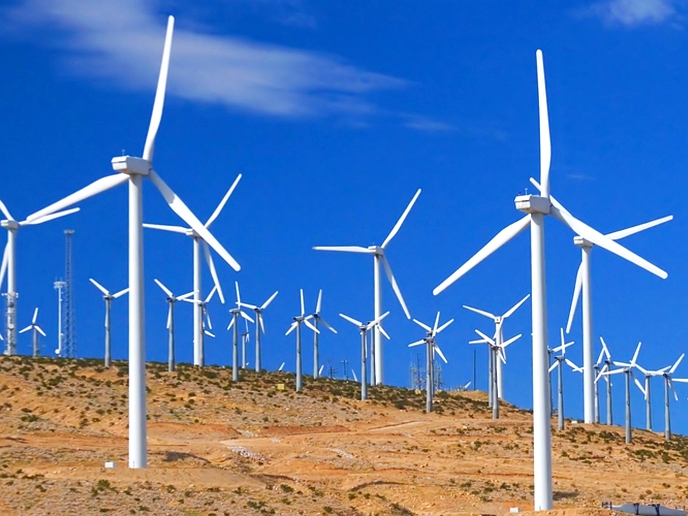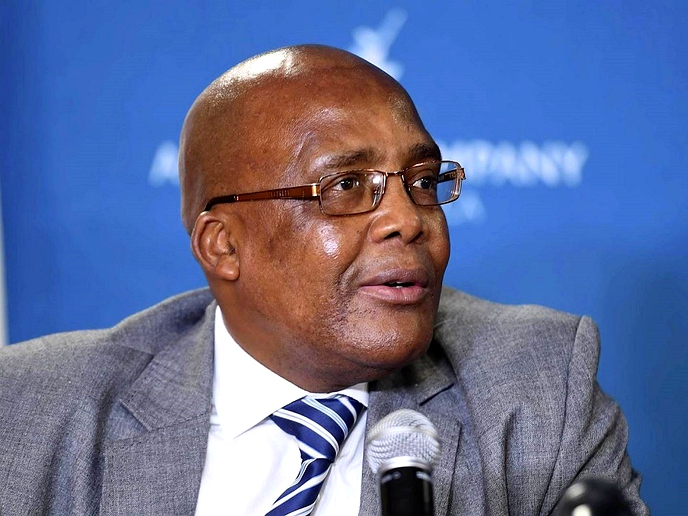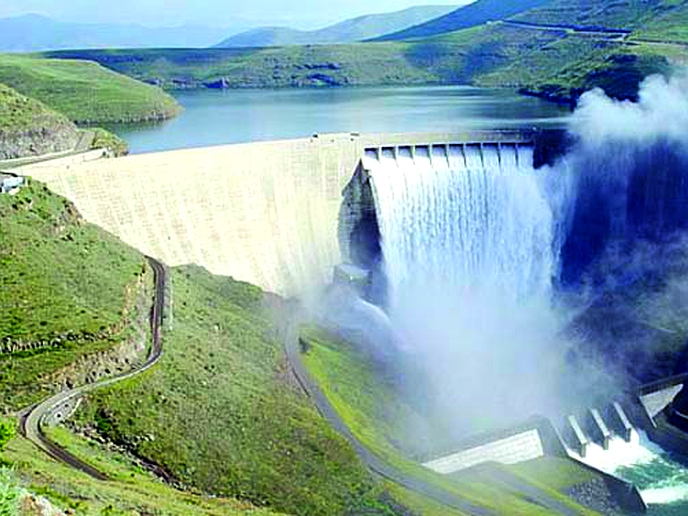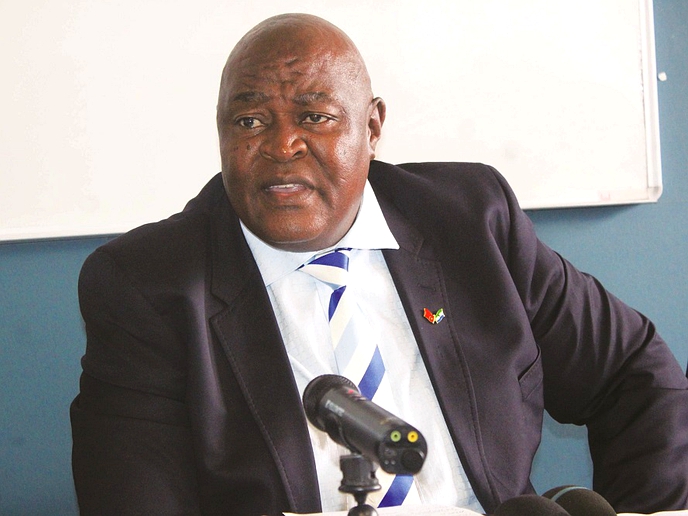Virologist Dr. John Nkengasong is the director of the Addis-based Africa Centres for Disease Control and Prevention (Africa CDC). It was established by the African Union to support member states' public health initiatives and strengthen public health institutions' capacity to detect, prevent, control and respond to disease threats and outbreaks quickly and effectively. On Thursday March 26 Dr. Nkengasong talked to Africa Renewal’s Kingsley Ighobor about COVID-19 and Africa's response capability. Here are some excerpts:
news
April 24, 2020
KINGSLEY IGHOBOR
5 min read
Together we can win the war against COVID-19
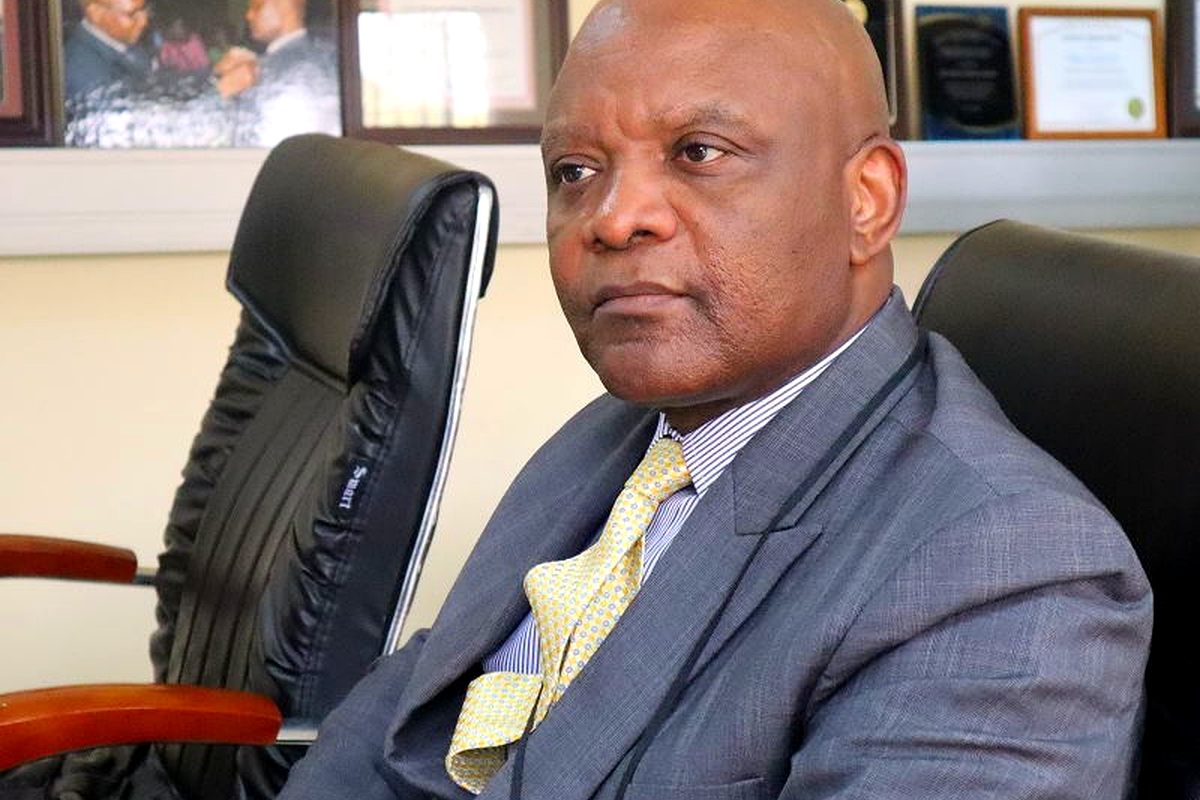
Virologist Dr. John Nkengasong is the director of the Addis-based Africa Centres for Disease Control and Prevention (Africa CDC).
Africa Renewal: How prepared is Africa to respond to COVID-19?
Dr. Nkengasong: We were fortunate that COVID-19 didn't start in Africa. We had time to observe what happened in China in December 2019 and January 2020, and rapidly prepare countries to respond in key areas. One of those is diagnostics. By the second week of February, just Senegal and South Africa could diagnose COVID-19. So, in Senegal, we quickly brought together representatives of laboratories from 16 African countries, trained them and gave them diagnostic equipment. After that we conducted competency-based training in South Africa, where we also provided diagnostic equipment. Then we came back again to Senegal and trained another group. So far, we have trained representatives of laboratories from 48 countries. The cases being detected now are because of that massive effort.
What are the other areas?
The second area we focused on was infection prevention and control. We recognized that COVID-19 could overwhelm our healthcare facilities and that nurses and doctors could be affected. We cannot afford to have 3,000 doctors or healthcare workers infected, as was the case in China. So, we immediately brought representatives of 35 countries together in Nigeria and trained them on infection prevention and control. In Kenya we brought together representatives of more than 30 countries for training in enhanced airport, airline and port-of-entry screening.
Then we went to Tunisia and trained countries on communicating risk to the general public.
How is the African Union providing support?
We are using all expertise — from member states, Africa CDC and WHO — to respond to COVID-19.
At the political level, Africa CDC and the African Union Commission, under the leadership of chairperson Moussa Faki Mahamat convened a meeting of all health ministers on 22 February where we agreed on the need to have a coordinated continental strategy that hinges on cooperation, collaboration, coordination and communication.
The second outcome of that meeting was the establishment of the Africa Task Force for Coronavirus Preparedness and Response. The infection prevention and control part of that task force is co-led by Nigeria and Africa CDC. The laboratory part of it is co-led by Senegal, Africa CDC and the World Health Organisation (WHO).
What are the key challenges so far?
There are serious challenges in supplies. In New York, you hear the governor talk about shortages of respirators and other supplies. In Africa, we don't manufacture these items; we import them. But now that the world is consuming a lot of what is produced, it is becoming difficult for us to obtain such items that will allow us to better prepare and respond.
What do you plan to do about this?
We have been working very hard with the office of the Prime Minister of Ethiopia, Abiy Ahmed, and the Jack Ma Foundation, who jointly launched an initiative to support African countries with a huge shipment of diagnostic equipment. I'll call it the “marathon mission” because we have seven [Africa CDC] personnel at the airport coordinating with Ethiopian Airlines, WHO and the Ethiopian government to distribute throughout Africa about one million testing kits, six million masks, and 60,000 protective suits.
The current stock will buy us time for about two to three weeks. But in the next couple of weeks we need, as Africans, to have our own stock. Africa CDC and the AU will be heading out all over the world to stockpile massively so that we can support member states in the fight against COVID-19.
Enjoy our daily newsletter from today
Access exclusive newsletters, along with previews of new media releases.
How is Africa CDC collaborating with WHO?
We are collaborating very well with WHO. I also wear a double hat as Dr. Tedros's [Adhanom Ghebreyesus, WHO director-general] special envoy for Africa on COVID-19.
We just finished a call with Dr. Matshidiso Moeti [WHO Regional Director for Africa] and two days ago, she and I discussed coordination and advocacy strategies. WHO has also played an important role in shipping diagnostic [equipment] to countries.
What information do you have regarding vaccine development and accessibility?
We are not close to a vaccine. We will be fortunate to have a vaccine in the next one to one-and-a-half years. I'm a board member of the Coalition for Epidemic Preparedness Innovation, which was set up after the 2013 Ebola outbreak in West Africa to facilitate the development of vaccines. Within that group, I'm also on the Equitable Access subcommittee where we champion access to vaccines for vulnerable populations.
Any lessons from that Ebola outbreak?
One lesson we learned from Ebola was the importance of the deployment of young African responders. During the Ebola crisis in West Africa, we enlisted 800 in what we called the African Healthcare Volunteer Force, and we will be doing the same to address this pandemic.
As we speak, there are more than 50 responders here [in Addis Ababa] that we have brought from different countries to support our response. And we are putting some in Nigeria and others in Cameroon. We plan to escalate that very quickly.
What is your final message to Africans?
My message to Africa is that we should adhere to the continental strategy endorsed by Africa's health ministers in February and being championed by the chair of the African Union for 2020, South African President Cyril Ramaphosa.
If we do not have a continental strategy that enables us to coordinate, collaborate, cooperate effectively and communicate, we are doomed. No one country can eliminate COVID-19 in Africa alone. We must demonstrate a unity of purpose and work collectively to wage and win the war against COVID-19. We don't have a choice.
For more information on COVID-19, visit www.un.org/coronavirus
Tailored for you



